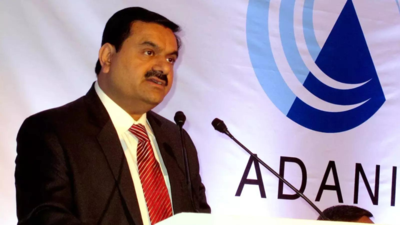-- Shares Facebook Twitter Reddit Email Grist is a nonprofit, independent media organization dedicated to telling stories of climate solutions and a just future. Nathan Ryder raises livestock and grows vegetables on 10 acres of pasture in Golconda, Illinois, with his wife and three kids. They also live in a food desert; the local grocery store closed a few months ago, and the closest farmers market is at least 45 miles away, leaving their community struggling to access nutritious food.
Opening another supermarket isn't the answer. The U.S.
government has spent the last decade investing millions to establish them in similar areas, with mixed results . Ryder thinks it would be better to expand federal assistance programs to make them more available to those in need, allowing more people to use those benefits at local farms like his own. Expanding the reach of the nation's small growers and producers could be a way to address growing food insecurity , he said, a problem augmented by inflation and supply chains strained by climate change .
"It's a great opportunity, not only to help the bottom-line of local farmers, instead of some of these giant commodity food corporations ...
but to [help people] buy healthy, wholesome foods," said Ryder. That is just one of the solutions that could be codified into the 2024 farm bill, but it isn't likely to happen anytime soon. The deadline to finalize the omnibus bill arrives Monday, and with lawmakers deadlocked along partisan lines, it appe.


















